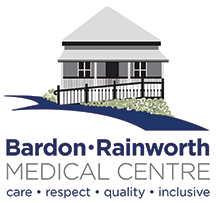Australian men are more likely than Australian women to get sick from serious health problems. Their mortality rate is also much higher. Men die in greater numbers than women from almost every non-sex-specific health problem. Overall, for every two women who die, three men die.
This figure holds true among children too. In deaths due to accidents or drowning, boys account for two out of three deaths.
Male deaths outnumber female deaths in every age group apart from the over-65 years, and only because so many men die before reaching retirement. Compared to women, men visit the doctor less frequently, have shorter visits and only attend when their illness is in its later stages. Men go to the doctor less than women and are more likely to have a serious condition when they do go, research shows. “As long as they’re working and feeling productive, most men aren’t considering the risks to their health,”.
But even if you’re feeling healthy, a little planning can help you stay that way. The top threats to men’s health aren’t secrets: they’re known, common, and often preventable. This list of the top health threats to men, and how to avoid them is a guide only.

